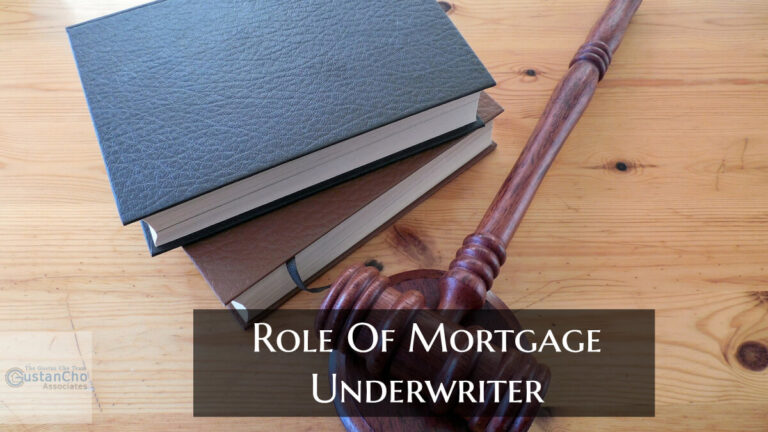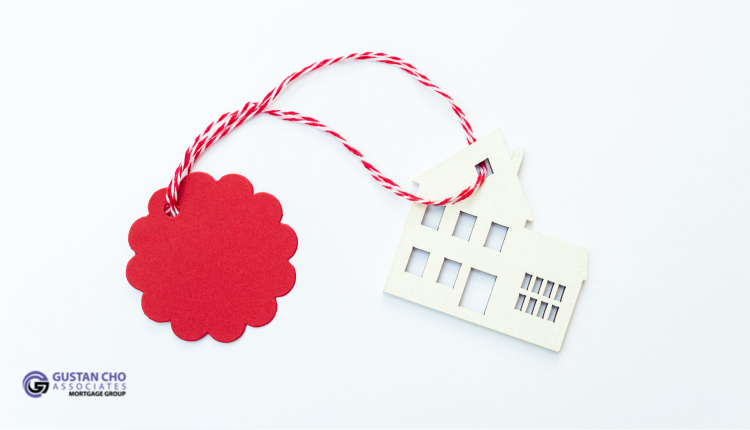Credit Scores In The Mortgage Process And How It Affects Borrowers
This BLOG On Credit Scores In The Mortgage Process And How It Affects Borrowers Was PUBLISHED On July 6th, 2019
Credit Scores In The Mortgage Process:
- Potential Home Buyers should check their credit report and scores in the mortgage process way ahead of time to see if there are any errors and that they meet the credit scores minimum requirements
- Credit Scores in the mortgage process normally fluctuate month to month
- This holds true even if you pay your bills timely
- Consumers with a high balance on credit cards one month, credit scores will be lower than when they have zero balances on their credit cards
- If you have credit inquiries because you applied for credit, that will drop your credit scores
- If you missed a minimum payment on one of your creditors, that may significantly drop your credit scores
- Credit scores should be monitored by consumers periodically to make sure that there are no errors on your credit report
In this article, we will discuss Credit Scores In The Mortgage Process And How It Affects Borrowers.
Credit Scores In The Mortgage Process And Loan Programs
Various different mortgage loan programs have different minimum requirements for credit scores.
- For example, the minimum credit scores required for an FHA Loan is 580 FICO for a 3.5% down payment home purchase home loan
- Minimum credit scores for a conventional loan is 620 FICO for either a 3% down payment or a 5% down payment home purchase conventional loan
- Minimum credit scores required for a jumbo mortgage is 700 FICO credit scores for an 80% loan to value traditional jumbo mortgage loan
- There is 90% loan to value jumbo mortgage loans available
- However, a 740 FICO credit score is required
- If you are a home buyer interested in a specific mortgage loan program, you need to plan ahead and make sure you qualify with regards to minimum requirements with credit scores
Gustan Cho Associates at NEXA Mortgage, LLC dba as Gustan Cho Associates offers NON-QM Jumbo Mortgages with credit scores down to 500 FICO. We also offer bank statement mortgage programs for self-employed borrowers with no tax returns required. We just go off the past 12 months of deposits on bank statements.
Credit Scores In The Mortgage Process And Mortgage Rates
Your credit scores will have the greatest impact on the mortgage rates you get quoted.
- You can shop for mortgage rates all you want
- The chances are you will not get a low mortgage rate on a home loan if your credit scores are low
- Or you meet the bare minimum credit score requirements for a specific mortgage loan program
- To get the best mortgage rates on a conventional loan, you need a 740 FICO
Other Factors Besides Credit Scores In The Mortgage Process That Affect Rates
There are other factors that affect mortgage rates besides credit scores.
- The loan to value will affect mortgage rates
- The larger the down payment on a home purchase the lower the mortgage rates will be
- The more down payment on a home purchase means the lender has less risk
- Therefore it will yield a lower mortgage rate
- Higher risk loans mean higher interest rates
- Lower risk means lower mortgage rates
Occupancy Types Pricing Adjustments On Rates
Other factors that affect mortgage rates besides credit scores are occupancy types.
- To get the best available mortgage rates, the owner-occupied and second home properties types are it
- Investment mortgage loans have higher mortgage rates than owner occupant homes due to risk factors
- Lenders feel if things go wrong with the borrower financially, they are less likely to bolt on their own owner occupant property than they would on an investment home
- Two to four unit properties have higher mortgage rates than a single family home
Condominium mortgage loans have higher mortgage rates than single-family homes.
Credit Scores In The Mortgage Process Fluctuate: Which Credit Scores Will Lender Use?
Credit Scores will fluctuate month to month and will fluctuate during the mortgage loan application and approval process. Lenders will use the credit scores that were submitted with the initial mortgage loan application to the mortgage processor. This credit score will be used throughout the mortgage loan application and approval process until the clear to close. If the credit scores drop during the mortgage approval process, it does not matter. This is due to the original credit scores that were submitted will be used throughout the whole mortgage process. The credit scores will be good for 120 days. If you do not close your mortgage loan in 120 days, a new credit report will need to be pulled and the new credit scores will need to be used.






